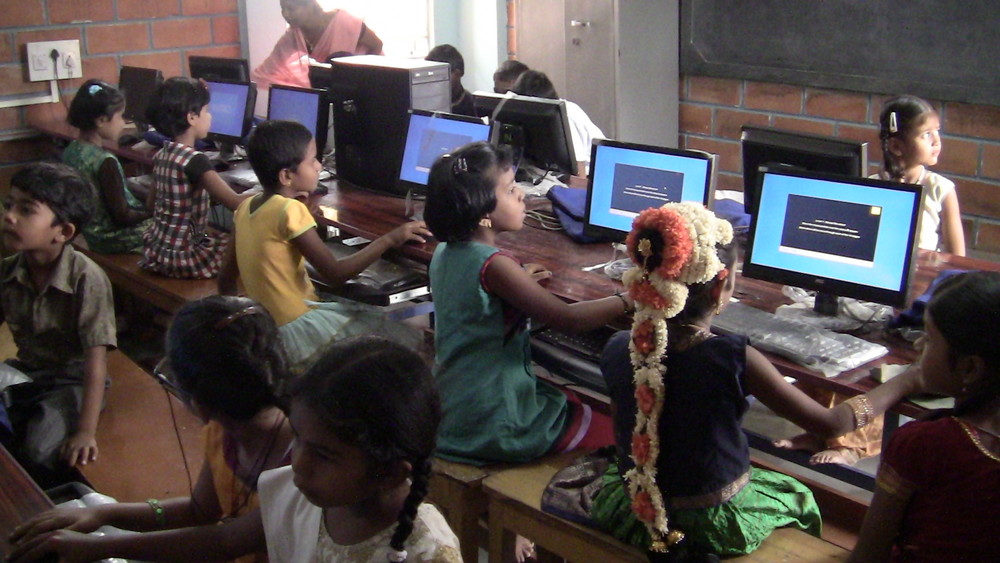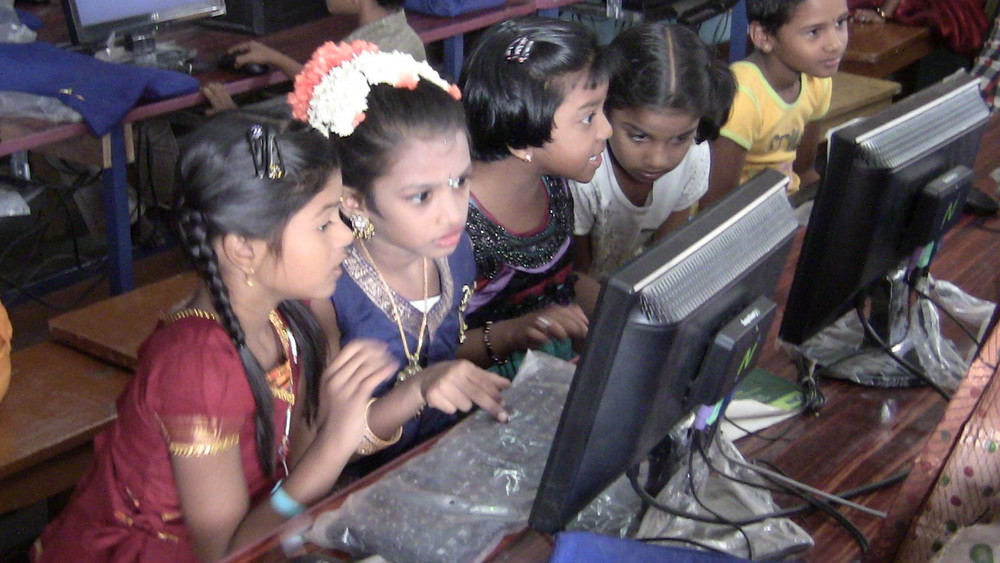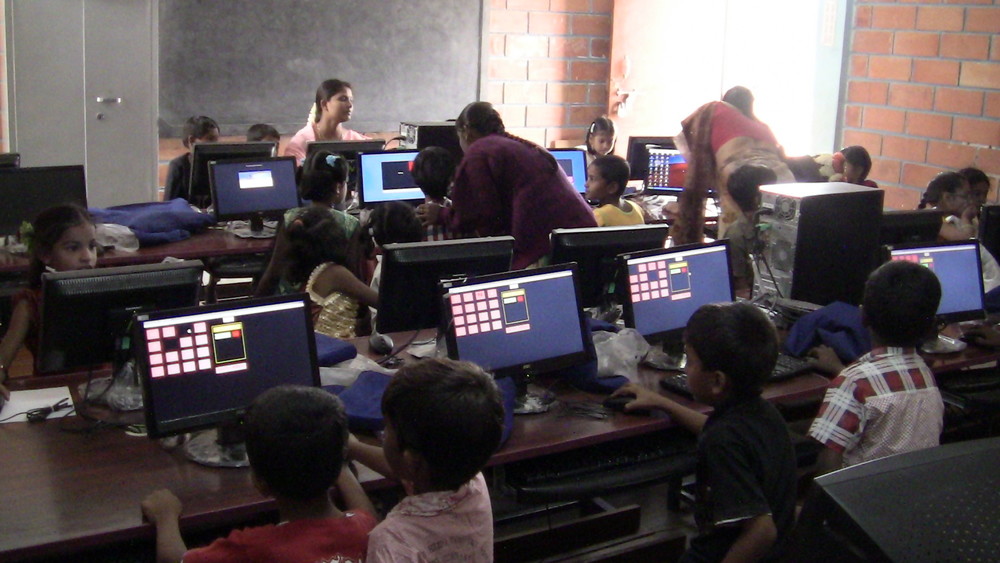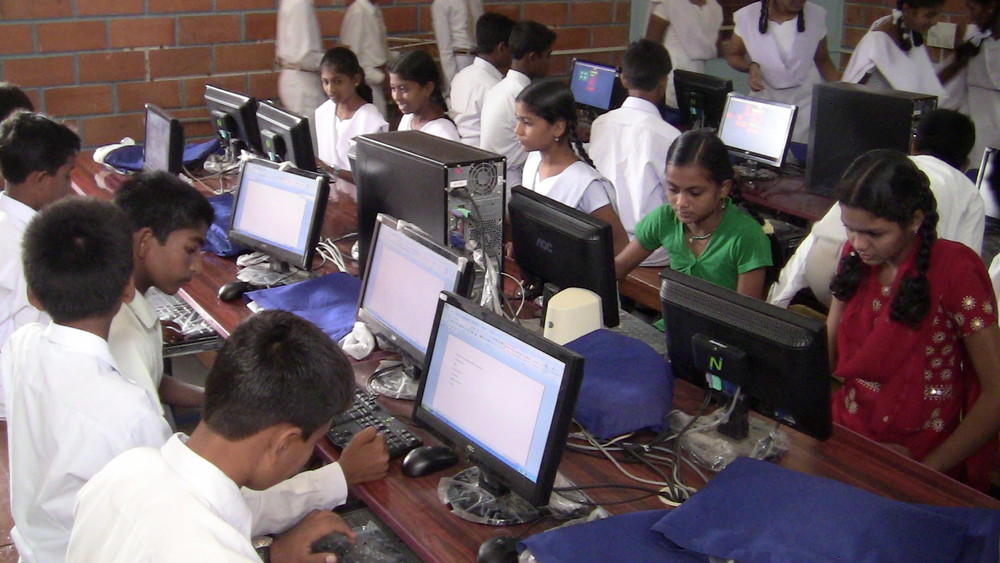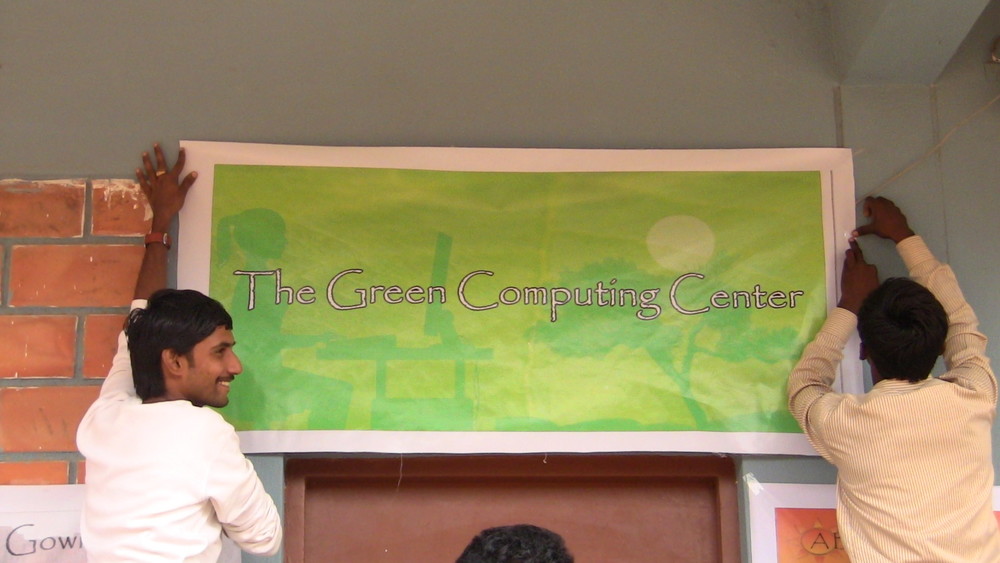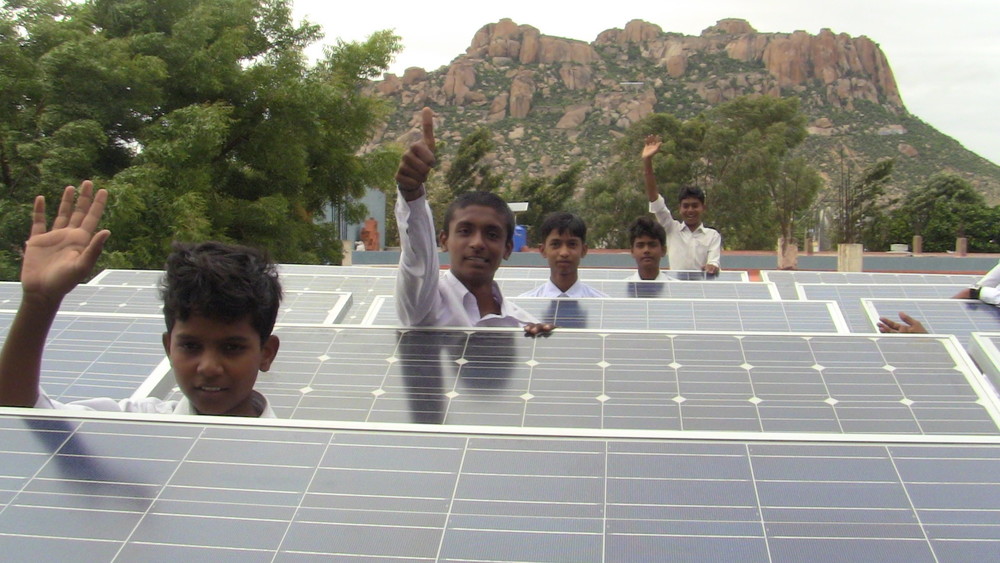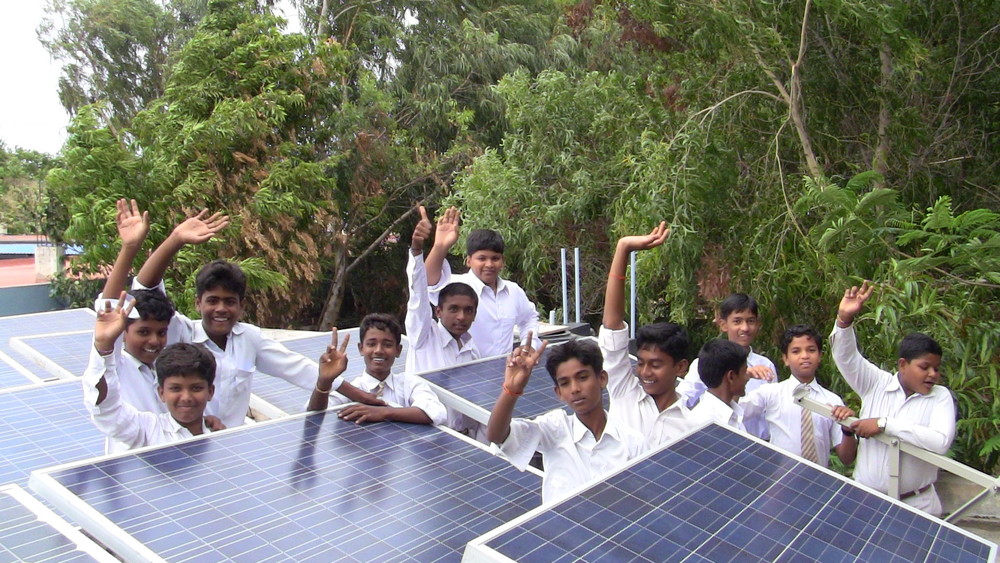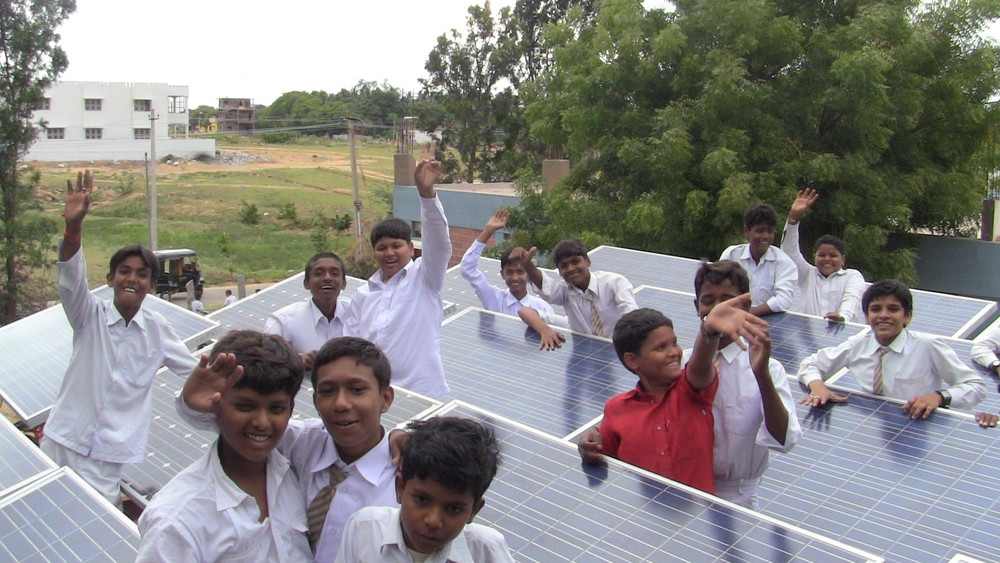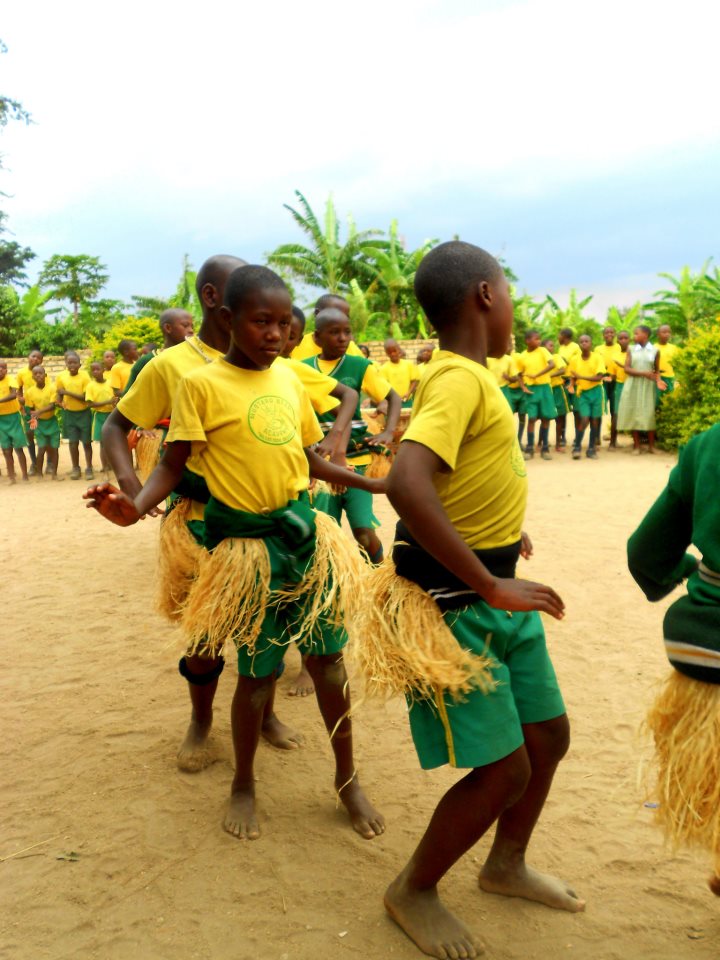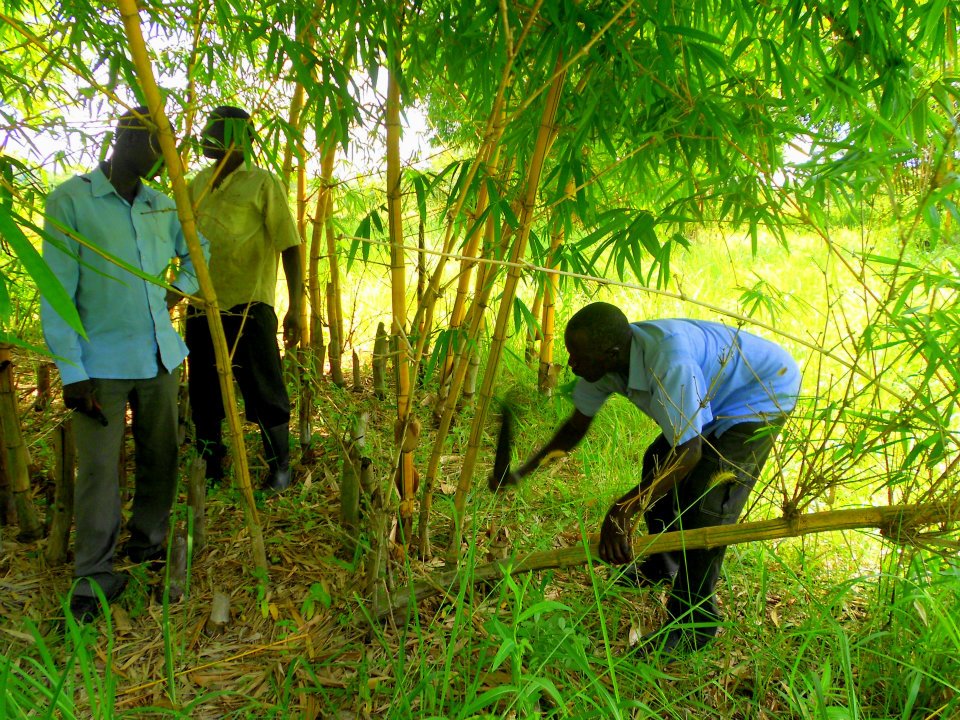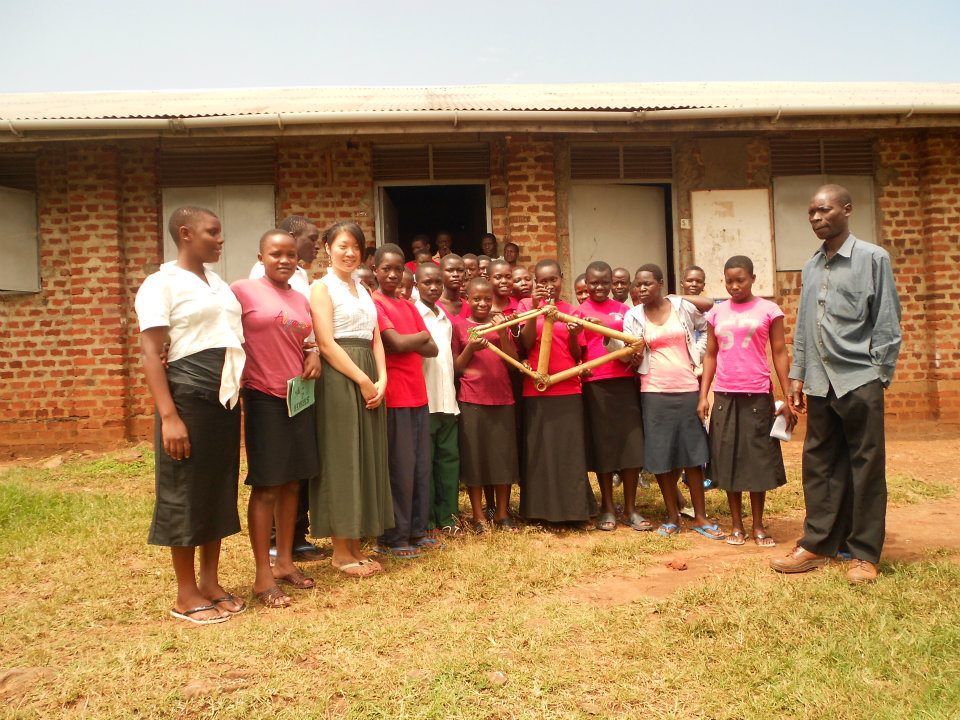Solar Powered Computer Lab Project
India
This project was successfully completed in June 2012 under the leadership of Raj Vable.
We were dedicated to:
The Solar Powered Computer Lab Project was dedicated to increasing the access to computers for children in rural India by providing computers powered by solar energy. India is rapidly becoming technologically advanced and is rising as a major contributor of global IT solutions. Bangalore’s IT economy in particular has been growing over the last decade. However, many children do not have access to computers and lack the opportunity to learn how this important technology works, which may limit their career and economic opportunities. Without the background or experience in using and understanding computers, the gap between those who have access to computers and those who don’t continues to widen and suppress the children who grow up in rural and low-income Indian communities.
We were:
The Solar Powered Computer Lab team was comprised of students and young professionals who brought varied experiences and backgrounds to the project, including expertise in electrical engineering, solar energy, and mechanical engineering. The team was supported in part by the University of Michigan and Dell to help make this project a success.
Our initiative:
Installed 20 computers that served a school of 1,050 students.
Installed battery backup to store the energy produced by the 4.4 kW of solar energy.
Increased knowledge of the teachers and educators on the importance of computer technology.
Increased economic and social opportunities for the students who are currently using the computers, and for future generations to come.
Where we are now:
The students are still benefiting from the computers and improving their technological skills. The initiative's leadership is part of the Hatch Alumni network.
Bandha Bikes Project
Uganda
We were dedicated to:
The Bandha Bikes Project was dedicated to improving the well-being of Ugandan families in need by improving access to transportation through the local development and distribution of bamboo bicycles. Across Uganda, achieving basic needs is dependent on one’s ability to access available resources. Great distances in rural areas and the lack of transportation limits a family’s access to food and water, markets, education, health care services, and economic opportunities. Bicycles become the catalyst to link families with essential resources. However, bicycles are not affordable for the majority of Ugandans living in poverty. Riding a bicycle is four times faster than walking, yet only 36% of Ugandans own a bicycle, while the remaining majority have no other option but to commute by foot.
We were:
The Bandha Bikes team was comprised of young professionals who bring varied experiences and backgrounds to the project, including expertise in bicycle technologies, metal craftsmanship, mechanical engineering, business, and public health. The team shared a common aspiration of empowering, educating, and strengthening sustainable opportunities and livelihoods across Ugandan communities through their bamboo bicycles.
Our initiative aspired to:
Increase access to food, water, local markets, and other necessities of daily living.
Increase access to healthcare facilities and services.
Increase knowledge and conversation around gender equality, particularly across rural Ugandan villages.
Increase opportunities for sustainable livelihoods and local economic growth.
Where we are now:
Bandha Bikes decided to shut down in 2016 due to limited resources and partners to sustain and scale their initiative further. The initiative's leadership is part of the Hatch Alumni network.

